The recent passage by a United States' warship through the Taiwan Straits amid the Russia-Ukraine crisis was a ploy to reassure Taiwan separatist forces that the U.S. is committed to the island's security, but that's a wrong signal and will stir up tension in the Straits, experts said.
On Saturday, the guided-missile destroyer USS Ralph Johnson made a transit through the strategic waterway, prompting the Chinese military to organize forces to track and monitor the vessel's voyage, according to a statement by the People's Liberation Army Eastern Theater Command.
Senior Colonel Shi Yi, a spokesman for the command, said such an action is provocative and aims to embolden Taiwan separatist forces, calling it "hypocritical and futile".
As the Russia-Ukraine crisis intensifies, the U.S.' previous withdrawal from Afghanistan and recent pledge not to send troops to defend Ukraine have fueled public debate on Taiwan social media about the U.S.' security commitment to the island.
The discourse reached a boiling point recently when a social media post said the island ranked 21st in the 2022 World Military Strength Rankings, one spot higher than Ukraine. The post has gone viral and given rise to the phrase "Today Ukraine, Tomorrow Taiwan" in Taiwan society.
Officials of the pro-secession Democratic Progressive Party scrambled to squash such sentiments. They included Taiwan leader Tsai Ing-wen, who said in an interview that the recent speculation was the result of fearmongering misinformation spread by other forces.
Su Huan-chih, former magistrate of Tainan county in Taiwan, responded on social media, saying Tsai's comment was ignorant and tantamount to burying one's head in the sand. Su also called Tsai insidious for discounting genuine concerns by people who love Taiwan as misinformation and part of a propaganda war.
A professor of Taiwan affairs based in Xiamen, Fujian province, who requested anonymity, said that after the situation in Ukraine escalated, worries about possible armed conflict between the Chinese mainland and Taiwan increased among people living on both sides of the Straits.
"People are concerned that if the U.S. and Taiwan separatist forces keep ignoring China's core interests, like how the U.S. and NATO keep disregarding Russia's security concerns, then war will be highly likely after all options for peaceful reunification have been exhausted," the expert said.
Li Haidong, a professor of U.S. studies at China Foreign Affairs University, said the U.S. warship's transit was designed to show that despite the crisis in Europe drawing the bulk of U.S. diplomatic attention, the U.S. is still willing to continue its strategic competition with China in the Asia-Pacific region.
"In some way, the transit serves to pressure China into following the U.S.' lead in punishing Russia," he said. "The current chaos in Europe is not enough, now it wants to stir up tension in the Taiwan Straits at this critical moment in European geopolitics."








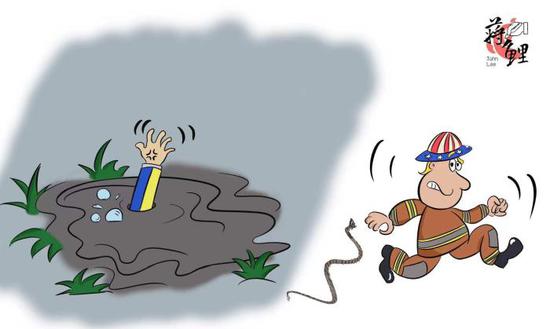


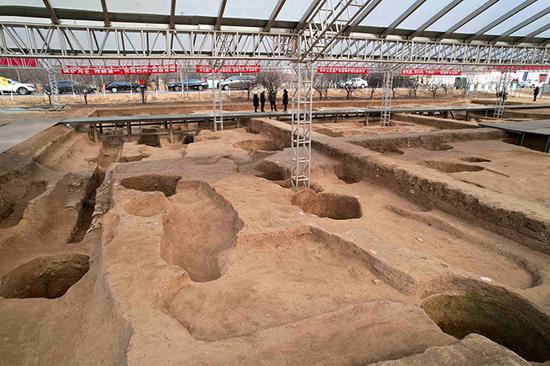

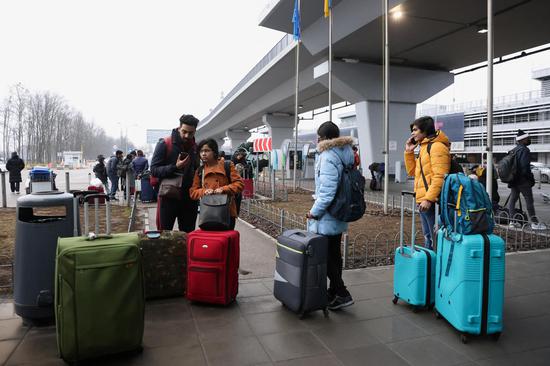
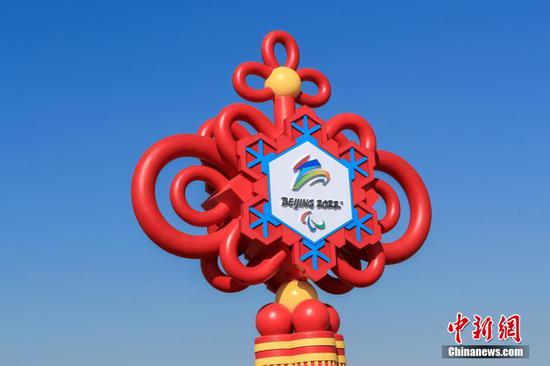
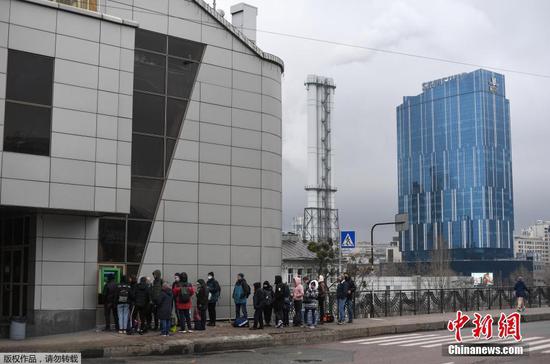

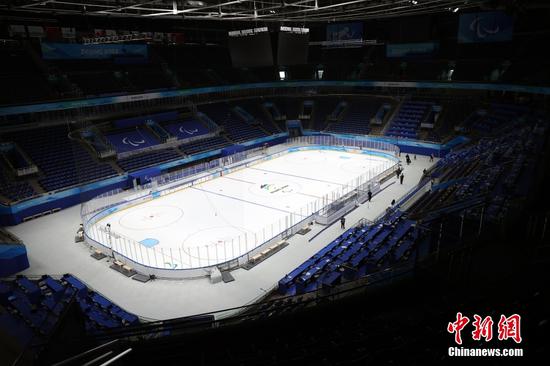

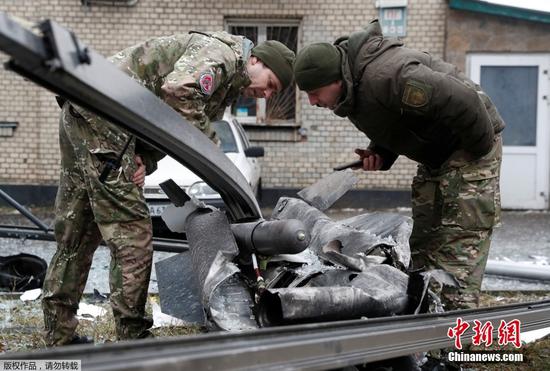

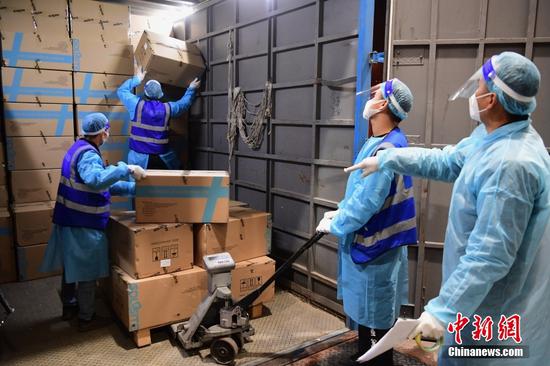



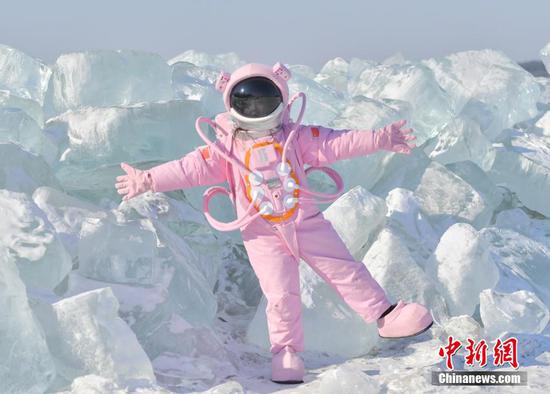
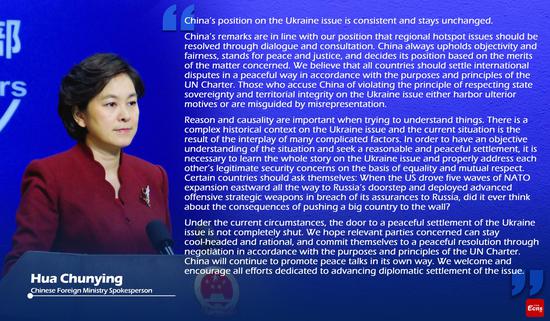
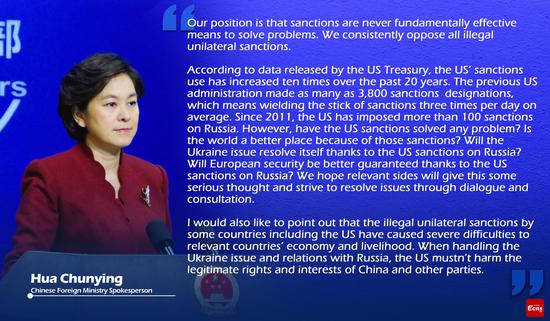
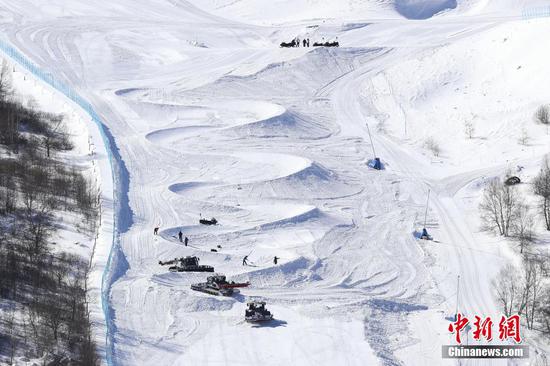
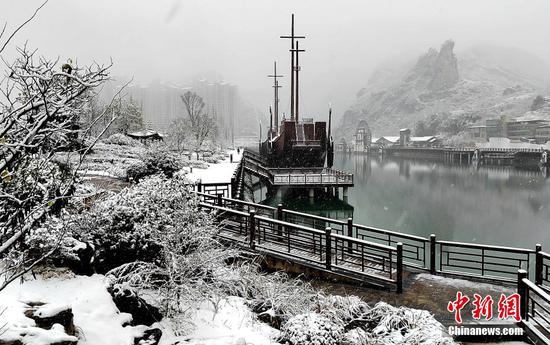
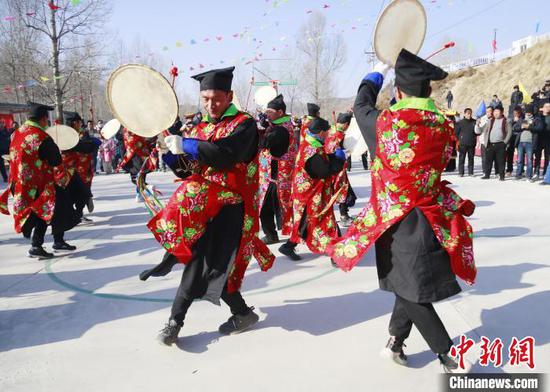


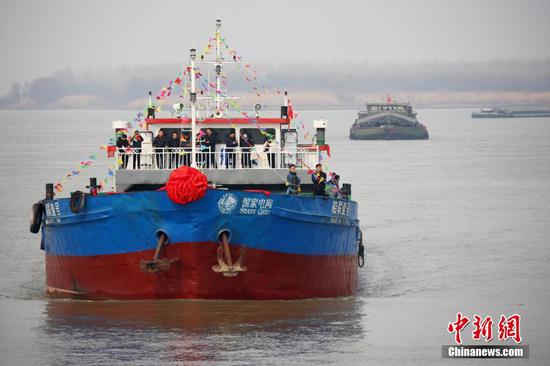
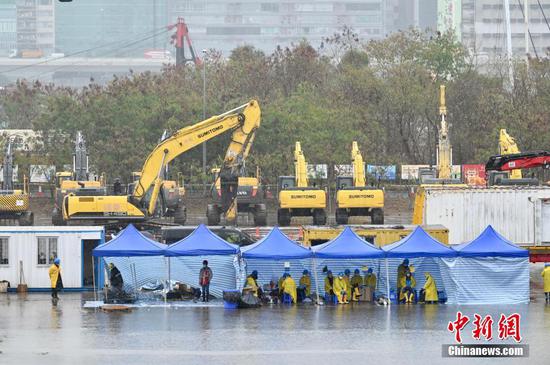



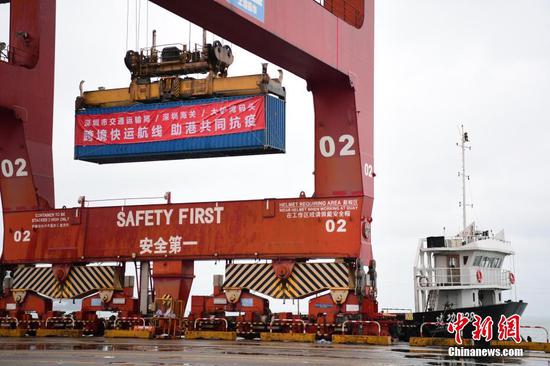











 京公网安备 11010202009201号
京公网安备 11010202009201号